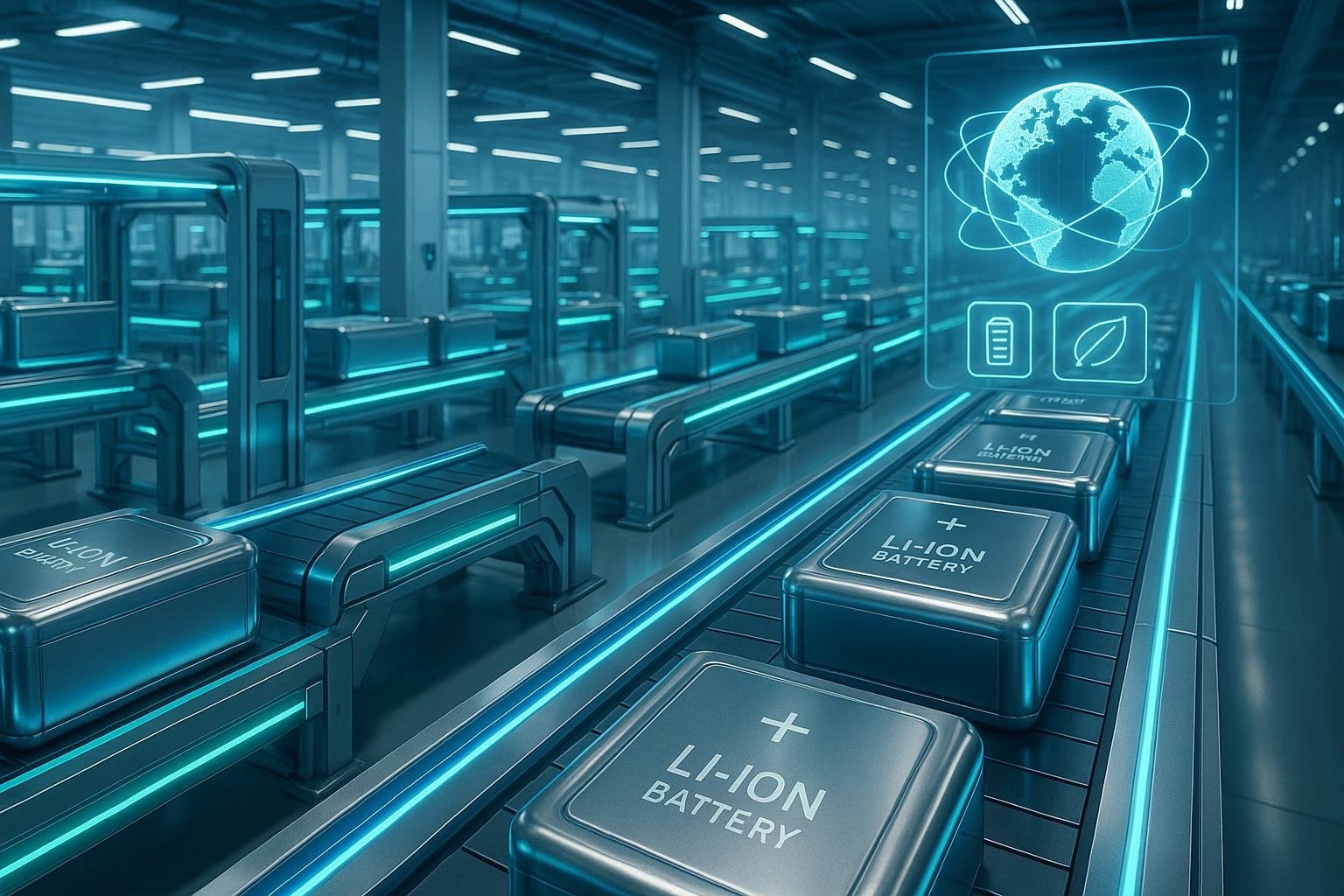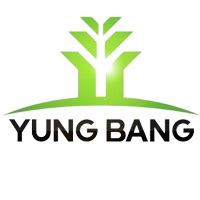
Введение
As energy storage takes center stage in the global transition to renewables and sustainable mobility, choosing the right lithium ion battery partner is more crucial than ever. This updated 2025 leaderboard spotlights the manufacturers pushing the boundaries in market share, production capacity, technological innovation, global reach, and sustainability. Our rankings synthesize original industry research from sources like S&P Global, BloombergNEF, IHS Markit, and recent regulatory filings, ensuring you get the most authoritative insight into the companies truly driving the energy storage revolution.
1. Contemporary Amperex Technology Co. Limited (CATL)
Headquarters: Ningde, China
As the undisputed global leader in lithium-ion battery production, CATL commands a market share unrivaled by any competitor. Their vast manufacturing complexes, cutting-edge cell-to-pack (CTP) technology, and advancements in LFP and nickel-rich chemistries power everything from Tesla vehicles to global energy storage plants. CATL’s aggressive expansion into Europe and America, plus an R&D focus on solid-state and sodium-ion batteries, cement their top tier status for 2025 and well beyond. (Bloomberg)
2. LG Energy Solution
Headquarters: Seoul, South Korea
A spin-off from LG Chem, LG Energy Solution is a trusted global supplier for major automakers (including GM and Hyundai) and utility-scale storage providers. Their innovation in battery management systems and high-nickel NCM packs, as well as commitment to closed-loop recycling, keep them at the technological forefront. With new gigafactories rising across North America and Europe, LGES is poised to hold its position at the vanguard of energy storage innovation. (S&P Global)
3. Panasonic Energy
Headquarters: Osaka, Japan
A pioneer in lithium-ion development, Panasonic has leveraged decades-long partnerships (notably with Tesla in Nevada’s Gigafactory) to scale advanced cylindrical cells. Their recent push into cobalt-reduced chemistries and next-generation energy-dense batteries ensures Panasonic remains a stalwart for high-performance EVs and grid storage through 2025. Their global expansion into the US and Europe further accelerates market presence.
4. BYD (Build Your Dreams)
Headquarters: Shenzhen, China
BYD wields unmatched vertical integration—from raw lithium processing to complete energy storage systems. Their Blade Battery, known for safety and lifespan, powers the world’s top-selling EVs and vast grid storage projects. BYD’s dual role as a leading automaker and battery supplier—plus their expansion across South America, Europe, and Southeast Asia—makes them a bellwether for industry evolution in 2025. (IHS Markit)
5. Samsung SDI
Headquarters: Yongin, South Korea
Samsung SDI is acclaimed for its premium prismatic and cylindrical cells, targeting both luxury EVs and large-scale grid solutions. Focused investments in solid-state prototypes and high-capacity modules—alongside partnerships with BMW and Stellantis—keep Samsung SDI in a powerful industry position. Their environmental stewardship, including sustainable material sourcing, is also noteworthy. (BloombergNEF)
6. SK On
Headquarters: Seoul, South Korea
Growing rapidly since splitting from SK Innovation, SK On is driving high-nickel NCM technologies and commercializing fast-charging cell formats. With joint ventures powering Ford and Hyundai vehicles and gigafactories planned for the US and Europe, SK On is a rising force challenging the established hierarchy in 2025’s energy storage sector.
7. CALB (China Aviation Lithium Battery)
Headquarters: Changzhou, China
CALB is China’s state-backed energy storage powerhouse, specializing in prismatic cells for large-scale ESS and electric buses. Their focus on new materials, including silicon-dominant anodes and high-voltage LFP cathodes, sets a pace for the next generation of sustainable solutions. CALB’s expansion into Europe and Southeast Asia helps anchor its place in the 2025 global market. (Reuters)
8. AESC (Automotive Energy Supply Corporation)
Headquarters: Zama, Japan
Originally developed by Nissan and now owned by China’s Envision Group, AESC has rapidly scaled battery plants in Japan, the US, UK, and France. Their batteries power a new wave of European EVs and stationary storage projects. With a clear focus on carbon-neutral supply chains, AESC is set for much broader influence across the energy storage landscape.
9. SVOLT Energy
Headquarters: Changzhou, China
Spin-off from Great Wall Motors, SVOLT is celebrated for rapid development in cobalt-free and high-manganese batteries, which are touted for cost reductions and sustainability. SVOLT’s aggressive ramp-up in Europe and Asia, paired with investments in integrated recycling, positions it as an agile disruptor in the global leaderboard for 2025.
10. EVE Energy
Headquarters: Huizhou, China
EVE Energy focuses on high-capacity cylindrical and prismatic lithium cells, supplying both EV and massive utility storage sectors. Their bold investments in research (including sodium-ion and solid-state platforms) and partnerships with international automakers bring EVE into the global limelight. Their commitment to renewables-powered gigafactories rounds out the 2025 top ten. (IHS Markit)
Conclusion: The Road Ahead
The energy storage sector is evolving at lightning speed. With innovations in solid-state batteries, advanced recycling, and grid-scale storage on the horizon, the leadership board could shift again soon. For business leaders and procurement pros, keeping tabs on these top manufacturers is mission-critical for 2025 and beyond.
Curious about future rankings or want deeper dives into emerging tech? Reach out or explore our related analyses. And don’t forget to share this list with fellow energy storage enthusiasts!

